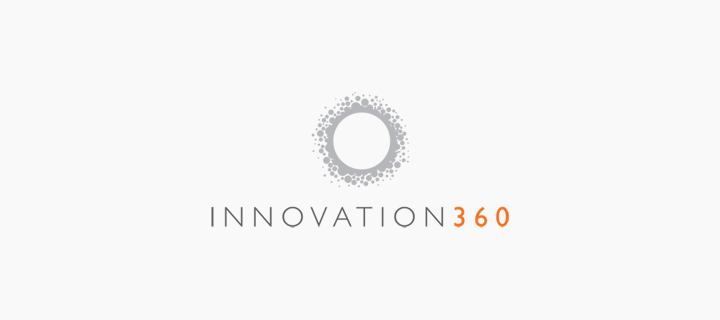“Buried Alive: Hoarding gets a New Diagnosis”
Reality TV has brought attention towards the obsessive-compulsive disorder known as hoarding. Often, people find comfort in retaining material possessions…and it takes everything in them to find the strength to throw a belonging away. It’s difficult for them to discard things that the next person wouldn’t think twice about tossing into the trash. Hallways in their home are blocked; every surface is covered. Just like when, with the addict in our family, loved ones often say “why can’t you just stop!?” — when it comes to hoarders, we think “why can’t you just get rid of everything!? Get a big trash can, a dumpster even, and toss it all out!” But when up to 15 million people in the U.S. may struggle with this disorder, we can’t just glance over it.
In the revised, 5th edition of the American Psychiatric Association’s Diagnostic and Statistical Manual of Mental Disorders (DSM-5) that will be published in May, “hoarding disorder” becomes a separate diagnosis, characterized by a “persistent difficulty discarding or parting with possessions, regardless of their actual value” according to this article. This should lead to more people who struggle with this psychological condition being able to receive appropriate treatment, and possibly medications that would help with this diagnosis.
At Innovation360, we work with families who struggle with hoarding and look forward to a shift in the mindset towards this condition. Just like the alcoholic who struggles with putting the drink down, the hoarder is challenged by their constant desire to save and acquire. They need support, community, and healthy relationships modeled for them, just as those that struggle with depression, anxiety, and substance use issues need that same support and encouragement. Our life development team walks alongside our clients helping them translate insights into behavior and plug back into life in a healthy way, whether that client may struggle with mental health, chemical dependency, emerging adulthood, or compulsive-obsessive behaviors. Change is easier to make when you don’t have to do it alone.
Written by Lauren Barnett, Marketing Director


